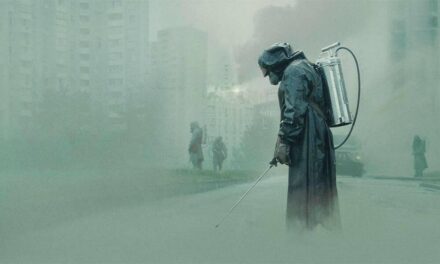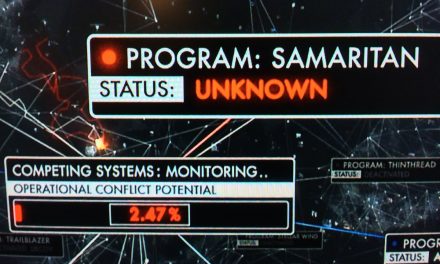The special issue of Filmicon “Strategies of the Documentary” seeks to address the diverse aesthetic, historical, medial, and theoretical connections between moving images and all possible aspects of the ‘documentary.’ In light of the many facets of this key term, the issue does not confine itself to practices or traditions of documentary cinema in Greece. It rather explores the multiple cinematic acts and modes of registering, representing, evidencing, authenticating, certifying, and instructing. It discusses the indexical nature of photography and the digital image, the factual as well as fictional functions of audio-visual recording, the archival status of documentary film in Greece, its ideologies, deceptions, and omissions, the filmic depiction of documentation processes, the documents presented on-screen or lost in the Mediterranean Sea. This thematic focus responds to three interrelated circumstances:
- Greek cinema exhibits a long tradition and wide variety of documentary practices which, up to now, have hardly been analyzed on a larger scale (see, however, Stefani 2007 and Stathi / Skopeteas 2009). Therefore, “Strategies of the Documentary” intends to delineate past as well as present documentary strategies, trace their historical dominants and archaeological margins, and bring Greek and international concepts and timelines of the documentary into closer contact.
- Recent years have seen a significant expansion of the ‘documentary’ mode: for instance, one can observe a growing ambiguity regarding the relation between world and image; the latter no longer claims unconditional vérité or directness but introduces distance, irony, and submits to the ontological uncertainties of docufictions and mockumentaries. Beyond that, the documentary may verge on animation and the virtual, while in other cases approaching the body or synaesthetic experience. “Strategies of the Documentary” offers a forum to explore such tendencies and techniques in Greek film culture.
- From Actor-Network Theory (ANT) to New Materialism, several recent theories question and reconfigure authoritative dualities such as active/passive, subject/object, concrete/abstract, or thing/image. In so doing, they challenge the relation between world and gaze on which many documentary concepts rely; they dismiss the idea of a ‘perception’ of reality and conceive of things as autonomously contributing to a larger sphere of awareness, action and politics. “Strategies of the Documentary” seeks to shine a light on new theories and strategies of the documentary that might react to, or reflect on, such ‘post-humanist’ approaches.
Please send completed articles (5000-8000 words) to all editors by 20th October 2019. An initial editorial decision will be made, concerning the fit of the article to the issue’s aims and coverage and all authors will be informed of the outcome of this decision. The selected articles will subsequently be submitted for blind peer review which will inform the final selection of the articles. The special issue is scheduled to be published in the Autumn 2020.
Please follow Filmicon’s guidelines for authors: http://filmiconjournal.com/journal/submissions#guidelines
Please email your article (attached as a word document) to all editors by the 20th October 2019:
Visiting Professor Ulrich Meurer (Central European University)
ulrich.meurer@univie.ac.at
Associate Professor Maria Oikonomou (University of Vienna / Thessaloniki)
maria.oikonomou@univie.ac.at
Dr Tonia Kazakopoulou, Teaching Fellow in Film & Television (University of Reading)
a.kazakopoulou@reading.ac.uk





